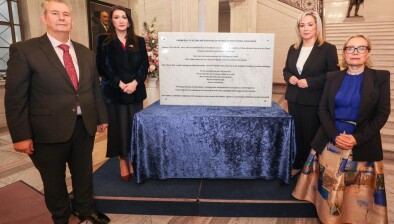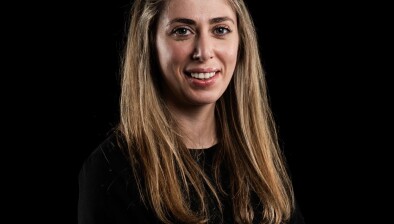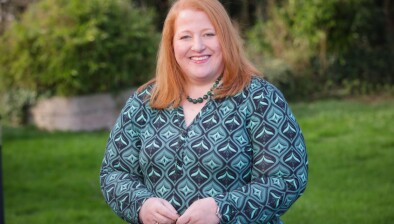NI: Researchers to produce report on history of Magdalene laundries in the north

Academics from Queen’s University and Ulster University have been commissioned by the Department of Health to research the history of mother and baby homes and Magdalene laundries in Northern Ireland.
A report of their findings will inform future deliberations of the Northern Ireland Executive’s inter-departmental working group on mother and baby homes and Magdalene laundries about a possible public inquiry.
The announcement comes in the same week that the government south of the border announced an expansion of the redress scheme for women in the State who spent time in Magdalene laundries.
Professor Sean O’Connell, from QUB’s School of History, Anthropology, Philosophy and Politics, and Dr Leanne McCormick, from Ulster University’s School of Arts and Humanities, are leading the 12-month research project.
Researchers will examine archive records held by the state, churches and relevant voluntary organisations with the primary task of preparing a detailed report on the day-to-day operation and practices within Northern Ireland’s mother and baby homes and Magdalene laundries.
The project will also have an oral history element and the research team is appealing for volunteers who would like to share their story.
Professor O’Connell said: “Over the course of the past century, hundreds of women made the journey from their homes across Northern Ireland to a number of mother and baby homes run by Catholic and Protestant organisations, as well as by the State.
“A smaller number of residential homes operated as so-called Magdalene laundries and a large number of women worked in them, for various lengths of time. We know a lot about the general history of these mother and baby homes and Magdalene homes; for example they were all closed by the 1980s and 1990s. However, much is unknown about the circumstances in which young women found themselves in these institutions.
“Questions centre on the conditions the women encountered, the work tasks they performed, the amount of control they had over decisions around adoption of their babies. In the case of Magdalene laundry homes the research team need answers to questions such as how residents came to enter them, what living and working conditions were like and the average period of time they spent there.”
Dr McCormick added: “We are encouraging women who experienced life as a resident of a mother and baby home and/or a Magdalene laundry to come forward and share their stories and participate in this important study. We also welcome input from those professions such as social workers and medical practitioners who may have knowledge and experience of these institutions that may be valuable to this study.”











